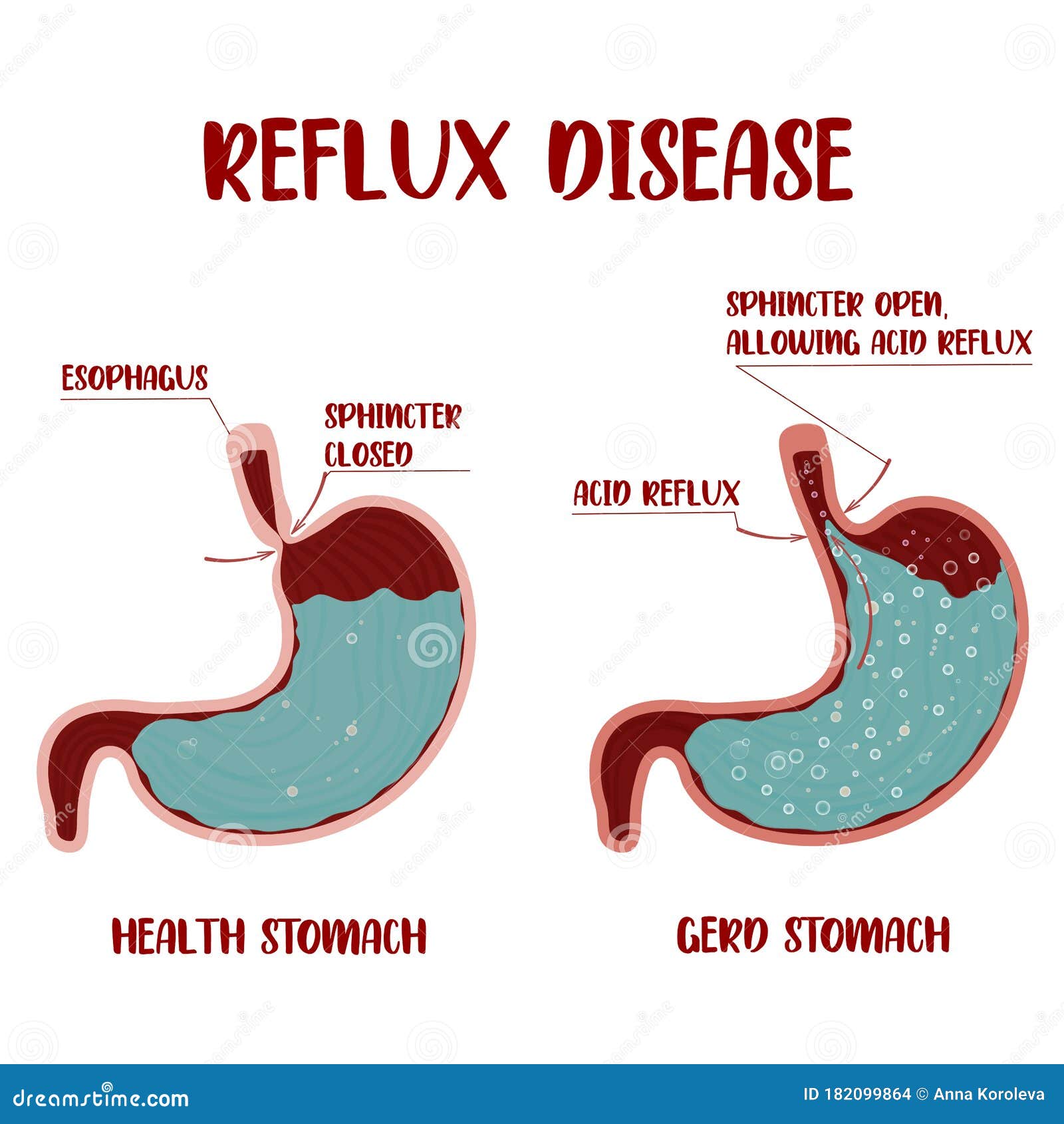
For the meaning pain in or near the heart see Heart pain and Chest pain. Heartburn or acid indigestion happens when your stomach acid flows back into your esophagus.

Frequent heartburn is the most common symptom of gastroesophageal reflux disease GERD or acid reflux.
Heart burn pain. Heartburn is discomfort or actual pain caused by digestive acid moving into the tube that carries swallowed food to your stomach esophagus. Typical features of heartburn include. Starts as a burning sensation in the upper abdomen and moves up into the chest Usually occurs after eating or while lying down or bending over.
Heartburn can also be the result of a hiatal hernia. This happens when part of the stomach pushes through the diaphragm and into the chest. Heartburn begins when stomach acid splashes up into your esophagus a tube that connects the back of your throat and stomach.
Heartburn is a common problem created by acid reflux a condition where some of the stomach contents are forced back up into the esophagus. It creates a burning pain in the lower chest. Heartburn is a symptom of acid reflux that causes chest pain when stomach acid backs up into the esophagus.
Heartburn symptoms may mimic chest pain that occurs during a heart attack. Gastroesophageal reflux disease GERD may produce other symptoms. Heartburn or acid indigestion happens when your stomach acid flows back into your esophagus.
It causes an uncomfortable burning feeling or pain in your chest that can move up to your neck and. Chest pain that accompanies frequent heartburn can be treated with proton pump inhibitors PPIs. A PPI is a type of medication that reduces acid production in your stomach.
A prolonged trial of. Heartburn is a common condition thats caused by stomach acids rising up into your esophagus. This can cause chest pain that sometimes radiates to your neck throat or jaw.
Heartburnor gastroesophageal reflux or acid refluxis a painful burning feeling in your chest or your throat according to the US National Library of Medicine USNLM. Heart pain is unlikely to occur spontaneously in the middle of the night. Heartburn classically wakes people up at 2 to 3 in the morning.
Heart pain may be accompanied by shortness of breath. Heartburn and acid reflux Heartburn is a burning feeling in the chest caused by stomach acid travelling up towards the throat acid reflux. If it keeps happening its called gastro-oesophageal reflux disease GORD.
Check if you have acid reflux. Chest pain is one of the most common symptoms of acid reflux. Chest pain related to reflux is also called noncardiac chest pain NCCP.
Chest pain occurs during reflux episodes because the heart and the esophagus share a nerve network. Acid reflux specifically GERD causes up to 66 of reported NCCPs. For the meaning pain in or near the heart see Heart pain and Chest pain.
Heartburn also known as pyrosis cardialgia or acid indigestion is a burning sensation in the central chest or upper central abdomen. The discomfort often rises in the chest and may radiate to the neck throat or angle of the arm. Heartburn is a symptom of a disease or medical problem such as GERD or diet alcohol fatty or spicy foods coffee and other acidic juices.
Heart attack is caused by a blood clot completely blocking an artery which causes lack of blood supply to that portion of the heart. Both conditions can cause symptoms of chest pain nausea vomiting or pain radiating down an arm or down the back. Occasional heartburn due to refluxed stomach acid is common although you may wonder what it feels like if you havent experienced it.
Frequent heartburn is the most common symptom of gastroesophageal reflux disease GERD or acid reflux. Nighttime heartburn and GERD can lead to damage of the esophagus and both are risks for respiratory complications.